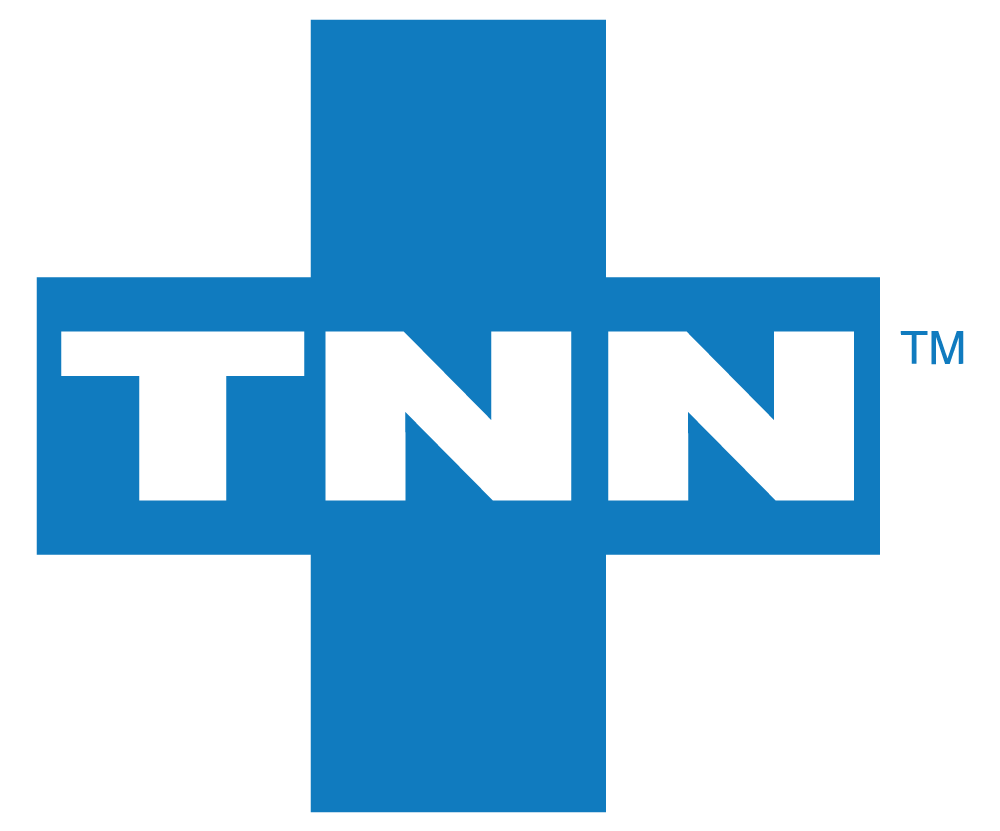
Are you aware that in the health sector of the United States, registered nurses represent the most significant group? Despite this, the requirement for these medical experts continues to rise. As per the Bureau of Labor Statistics’ predictions, there will be a growth of 6% in job opportunities for registered nurses from 2022 to 2032.
The Path to Becoming a Registered Nurse
1. High School Prerequisites
2. Secondary Education Options
- Nursing Diploma: This is typically a three-year program offered by hospitals.
- Associate Degree in Nursing (ADN): Usually a two-year program offered by community colleges.
- Bachelor of Science in Nursing (BSN): A four-year degree offered by universities and colleges.
Each of these programs will equip you with the clinical experience and theoretical knowledge necessary for a nursing career. However, a BSN might be preferred by some employers and could open doors to more opportunities in the future.
No matter the route you decide to take, it’s vital to confirm that your chosen nursing course is accredited. Accreditation demonstrates that the program fulfills, or even surpasses, the base standards established by the nursing industry. This is not only a prerequisite for obtaining a license but also influences your ability to transfer credits, seek higher education, or secure financial assistance.
Registered Nurse Licensing Requirements
-
National Council Licensure Examination (NCLEX-RN)
The NCLEX-RN is a uniform test employed by every state’s nursing board to ascertain if an applicant is equipped for beginning-level nursing profession. The exam covers four major areas: safe and effective care environment, health promotion and maintenance, psychosocial integrity, and physiological integrity.
State-Specific Licensing Requirements
In addition to passing the NCLEX-RN, you’ll also need to meet any additional requirements set by your state nursing board. These may include criminal background checks, verification of education, and submission of an application with fees.
Becoming a Registered Nurse doesn’t mean your learning journey is over. In fact, most states require nurses to complete continuing education units (CEUs) to renew their licenses. CEUs ensure that you stay current with the latest developments in healthcare and continue to provide the best possible care to your patients.
Key Skills and Characteristics of a Registered Nurse
-
Hard Skills: Medical Knowledge and Technical Skills
Registered nurses need to have a broad base of knowledge in areas such as anatomy, physiology, pharmacology, and disease management. They also need to be competent in performing nursing procedures, from administering medications to wound care.
-
Soft Skills: Communication, Empathy, Resilience
Not only do registered nurses require technical competencies, but they also need robust interpersonal abilities. These encompass effective communication with patients and fellow healthcare professionals, a deep sense of understanding and compassion for patients and their families, and the strength to manage the emotional and physical stresses inherent in the role. The combination of these hard and soft skills is essential for a registered nurse’s role, as it enables them to deliver exceptional patient care, operate efficiently within healthcare teams, and withstand the rigors of the profession.
Specialization and Advancement in Nursing
The field of nursing is diverse, and there are many opportunities for specialization and advancement. Whether you’re interested in working with children, the elderly, or critically ill patients, there’s likely a specialty that aligns with your interests.
Many registered nurses choose to specialize in a certain area of healthcare. This typically involves obtaining a specialty certification. Some of the most common specialties include pediatrics, geriatrics, critical care, oncology, and mental health. Each specialty has its own certification process and requirements, which usually involve additional education and experience.
In addition to specializing, registered nurses can also advance their careers by pursuing roles such as nurse practitioner or nurse educator. These roles often require a master’s degree in nursing and offer the opportunity to take on more responsibility, earn a higher salary, and make a greater impact on patient care.
Unleash Your Nursing Potential with Total Nurses Network!
Are you a nurse with a passion for providing exceptional care, looking for a permanent position that matches your skills and aspirations? Your search ends here at Total Nurses Network! We’re committed to connecting dedicated nurses like you with the best healthcare providers. With a wide array of opportunities available, we cater to both seasoned professionals and fresh graduates.
Don’t miss out on your chance to advance your career and make a significant impact in the healthcare industry. Visit our website today at Total Nurses Network or for any inquiries, feel free to contact us.
In Conclusion: The Pathway to Success as a Registered Nurse
Understanding the registered nurse job requirements is crucial for anyone considering a career in this rewarding profession. From obtaining the necessary education and licensure, developing key skills, choosing a specialty, and advancing your career, each step plays an important role in preparing you for the challenges and rewards of being a Registered Nurse.
Becoming a Registered Nurse is a journey filled with opportunities for learning, growth, and making a difference in people’s lives. If you’re passionate about helping others and committed to continuous learning, a career in nursing could be the perfect fit for you.








